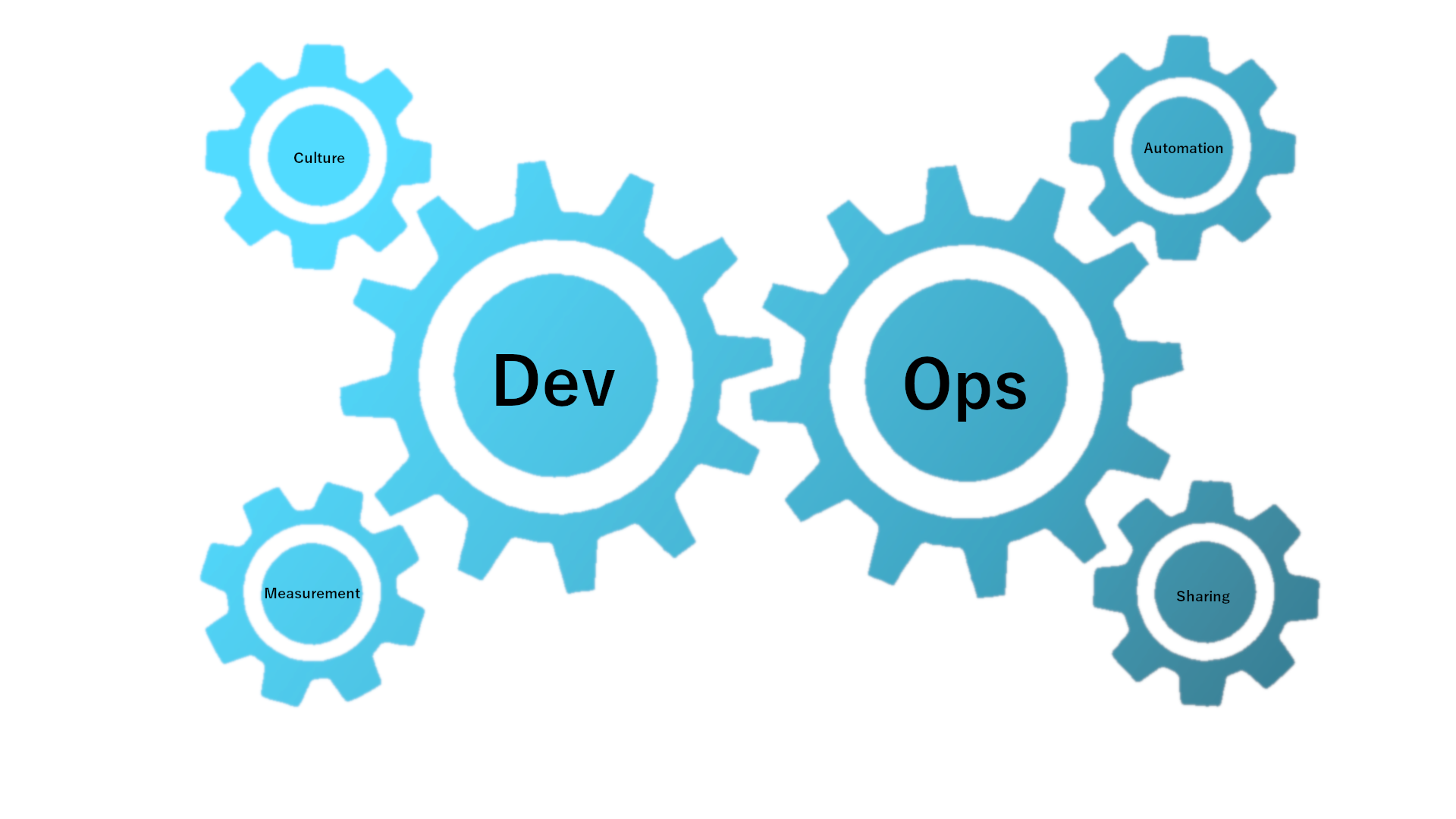In this article, we’ll discuss DevOps trends and its future scope.
DevOps is a newfound technique used in the field of digital marketing. It refers to a combination of “development” and “operations”. Software development and IT operations come together to contribute to better and improved delivery of services.
Organizations that employ DevOps style, techniques, and systems become more productive, delivering better products with more user satisfaction. Enhanced coordination and efficiency are also essential to meet company objectives.
The utilization of DevOps helps marketing organizations to attain certain goals. They are:
- Achieves the desired goal of the company.
- Maintains stability in a competitive sector.
- Recovery from losses incurred.
- Keeps the system balanced and reliable.
The main aim of the DevOps technique is to bridge the gap between software and IT teams. This in turn ensures accuracy and reliability on the part of software construction, evaluation, and release. A DevOps infinity loop is used to portray the continuous coordination required in an organization.
Trends of DevOps
- The developers forming DevOps are now in charge of making decisions and predictions for an organization.
- A DevOps trend of continuous integration, modification, and improved product delivery can be seen.
- Data Science contributes immensely to DevOps.
- Organizations are being digitized using Cloud, Artificial Intelligence, loT, etc. This not only digitalizes markets but also changes the way we look at them.
- With all these transformations, the focus also shifts from CI pipelines to assemble lines. CI/CD pipelines are cumbersome and time taking. End-to-end combined DevOps solutions are the norm to handle this difficulty. Platforms like these will have a few key expectations with designed automation, as well as the ability to connect other DevOps tools.
- According to the 2019 State of DevOps study, top performers deliver software 1,460 times per year, or four deployments every day. Security, compliance, vulnerability management, authentication, and authorization must all move at this pace, or security code will be impossible to produce.
- Cloud culture ensures a serverless system as well, where all the digitalization is a click away.
- Automations found to replace manual techniques. Hence the product is delivered faster and more efficiently than before. Errors in judgment and manual drawbacks are also under control.
- Transformation to automation has also checked the effect of boredom on work.
- Containerization allows programming to move effectively, and at a massive scale. Containers are a functional storage tool for software that is shielded from its surroundings. This makes it simple and consistent for containerized systems to execute in any target environment.
Some of Top DevOps Trends Observed in 2021
DevOps has evolved to become a vital element of many IT firms over the last decade since its inception. DevOps is growing and fusing with numerous technical advances like machine learning and artificial intelligence (AI), which will gain strength in 2021.
To release code quicker in 2021, 21% of respondents in a survey said they have integrated source code management into their DevOps approach. Quality assurance and continuous deployment are two more significant approaches for releasing code faster.
- Infrastructure as code is more than just automation; it’s become a critical component of DevOps. IaC is a method of managing IT infrastructure through configuration files. It includes servers, networks, and storage devices in the cloud.
- Predictive analytics in DevOps can increase service quality by successful campaigns distribution networks like accuracy, reliability, and velocity. Predictive DevOps will generate corporate value in 2021, as AIOps methodologies grow more efficient in delivering continuous value enhancements for enterprises.
- The DevOps team can use AI and ML to make their workflow easier, and AI can help the DevOps environment run more smoothly. Handling and maintaining large amounts of data is a difficult undertaking that necessitates an AI-driven DevOps approach.
Future Scopes of DevOps

Software development and IT outsourcing are two methods that can never go out of practice. Thus in today’s digital world, DevOps has evolved like a blessing for organizations across the globe.
According to a new report by Grand View Research, Inc., the global DevOps market is predicted to reach USD 12.85 billion by 2025, with an 18.60 percent compound annual growth rate (CAGR) over the forecast period.
The expansion will be driven by improving sustainable digitization to streamline business operations, rising usage of cloud technologies. Soar uptake of velocity and the need for greater cooperation between IT teams are aimed to increase efficiency.
- Due to the prevalence of tailored software design, data science teams may embrace DevOps development approaches in the future.
- If a company wants to adapt to market needs by improving the company’s energy, and routinely upgrading the software applications, DevOps should be the key aspect of the strategy. The implication of automation is to connect the updated information to the DevOps tool.
- With increased dependency on Cloud programs, DevOps will grow more concerned with adapting to the evolving technologies that regulate these cloud platforms. DevOps will also ensure that their programming will take care of these developing tools.
- Secure software codes will be created in less time. DevOps plans to integrate the software in a way that benefits the security breach issues in an organization.
- Since so many companies have adopted DevOps solutions, they must invest in DevOps engineers. However, because of the quick pace at which technology evolves, it is challenging for enterprises and individuals to retain their DevOps abilities.
- Manual errors can now be fixed far sooner than anticipated. Introducing artificial intelligence and/or machine learning into DevOps will only improve the way it works and lead to increased productivity.
- The capacity to give effective answers in a short period of time is DevOps’ most significant benefit. Competition has increased as the number of organizations, start-ups, and other businesses have grown. As a result, businesses are constantly on the lookout for ways to gain a competitive advantage.
As far as the future of DevOps is concerned, employing skilled and trained individuals in this field is the utmost requirement. The reason behind opting for DevOps as a career choice should be clear.
What to Expect from a Career in DevOps?
- To provide better SDLC knowledge to organizations.
- To get accustomed to various IT tools and techniques.
- To use these tools in bringing a digitalized change in the market scenario.
- The salary scale provided in this domain depending on the position is quite a bit.
According to Forbes Magazine, a DevOps Release Manager, for example, makes $92K on average, a Site Reliability Engineer $125K, and a DevOps Engineer $115K. According to studies, DevOps will be the primary employment factor for 46 percent of IT businesses in the future years.
In short, it helps you to become an asset to your company.
DevOps Trends & Scope: Conclusion
The benefits of a DevOps approach were reported by mid-market IT organizations in the United Kingdom (UK) in 2016. ‘Better applications’ was the most often mentioned benefit, with 63 percent of respondents reporting it. From the mentioned points, a fair idea can be gathered about the style and scope of DevOps. Effective marketing and production is the key to success.
A company needs to be technically equipped and updated to achieve success in whichever field it deals in. So, DevOps can be stated as the modern-day business survival methodology.


